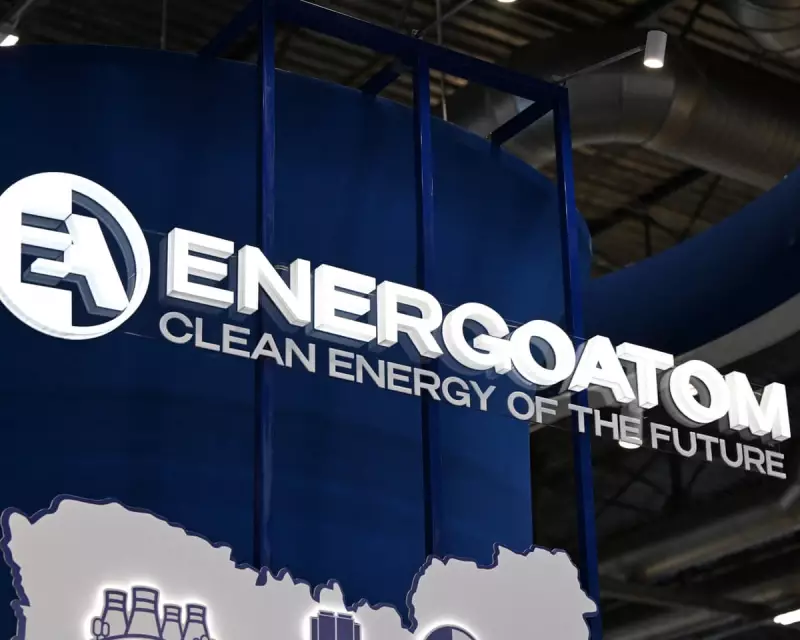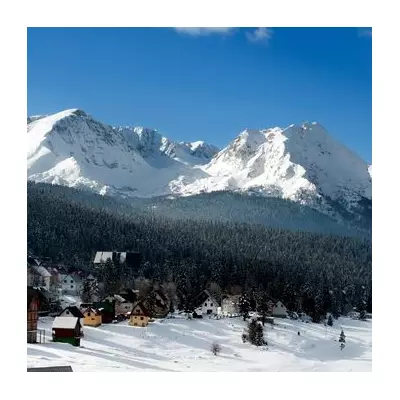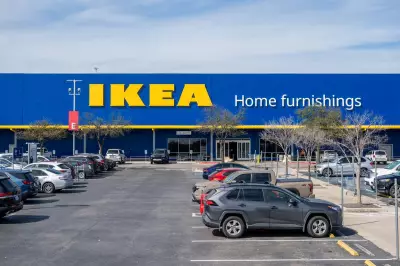
Ukraine's National Anti-Corruption Bureau (NABU) has launched a major investigation into what it describes as a widespread corruption network operating within the country's strategic energy sector.
The Corruption Scheme Uncovered
The independent bureau revealed on Monday that a criminal organisation had established what it called "a large-scale corruption scheme to influence strategic enterprises in the public sector, in particular Energoatom". According to NABU's allegations, the scheme forced Energoatom's business partners to pay kickbacks of between 10% and 15% to avoid having payments for services or goods blocked, or to maintain their supplier status with the state nuclear power operator.
Several senior figures are alleged to be involved in the operation. Ukrainian media outlets have identified one of the primary suspects as Timur Mindich, a prominent businessman and known associate of President Volodymyr Zelenskyy. Reports indicate that Mindich fled the country hours before investigators arrived at his Kyiv apartment to conduct a search.
Political Connections and Tensions
Mindich represents a significant figure in this investigation due to his close ties to the Ukrainian president. He serves as co-owner of Kvartal 95, the production company Zelenskyy founded before entering politics. The two men were reportedly friends and business partners in the years preceding Zelenskyy's political career, though sources suggest communication between them has diminished significantly since Russia's full-scale invasion nearly four years ago.
When questioned about Mindich's involvement, a senior official from Zelenskyy's office stated that the government supports "all activities that stamped out corruption". The official emphasised that evidence collected by NABU and other independent bodies should be properly tested in court proceedings.
Broader Political Implications
This case highlights ongoing tensions between the presidential administration and Ukraine's leading anti-corruption agencies. In July, President Zelenskyy approved controversial legislation that weakened the powers of both NABU and the Specialised Anti-Corruption Prosecutor's Office (SAPO).
The move triggered the first significant protests against his government, with several thousand demonstrators gathering outside the presidential office in Kyiv. Protesters waved banners and shouted slogans including "Shame" and "Veto the law".
Facing both domestic opposition and concerns raised by European allies, Zelenskyy subsequently backtracked. New legislation was hastily passed that restored the agencies' powers and appeared to guarantee their independence.
The eradication of corruption and strengthening of rule of law represent crucial requirements for Ukraine's potential membership in the European Union, which Ukrainians increasingly view as vital for their future as Russia's war continues.
Meanwhile, Ukraine's power system has suffered significant damage from ongoing Kremlin bombardment campaigns this autumn, causing widespread power cuts across the country. While Russian forces have not directly targeted nuclear plants, they have damaged substations connected to them.
In a recent interview with the Guardian, President Zelenskyy accused Vladimir Putin of carrying out deliberate "terrorist acts" against civilians, leaving them without power and water. During the conversation held in Kyiv's presidential palace, the lights went out twice, underscoring the precarious energy situation.





